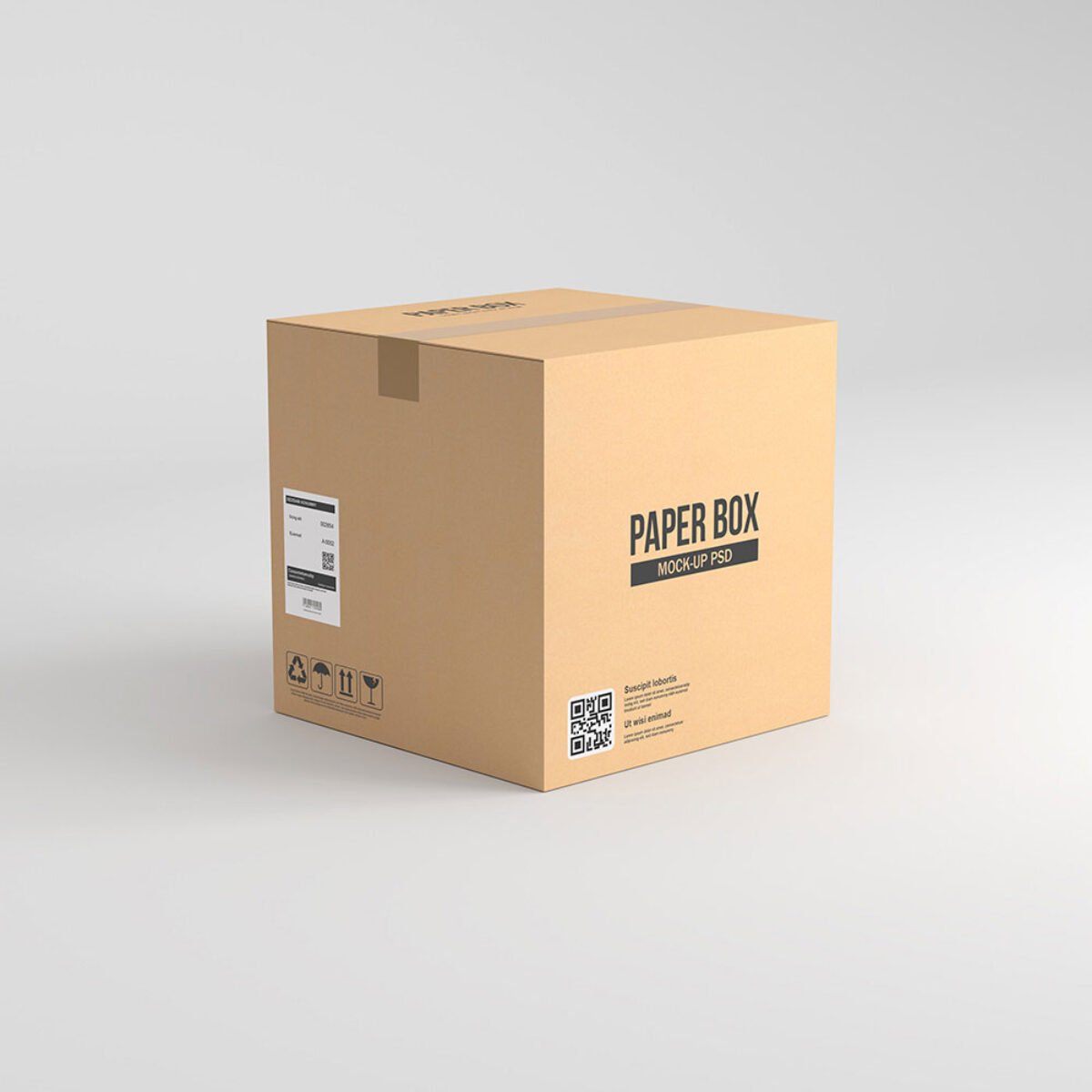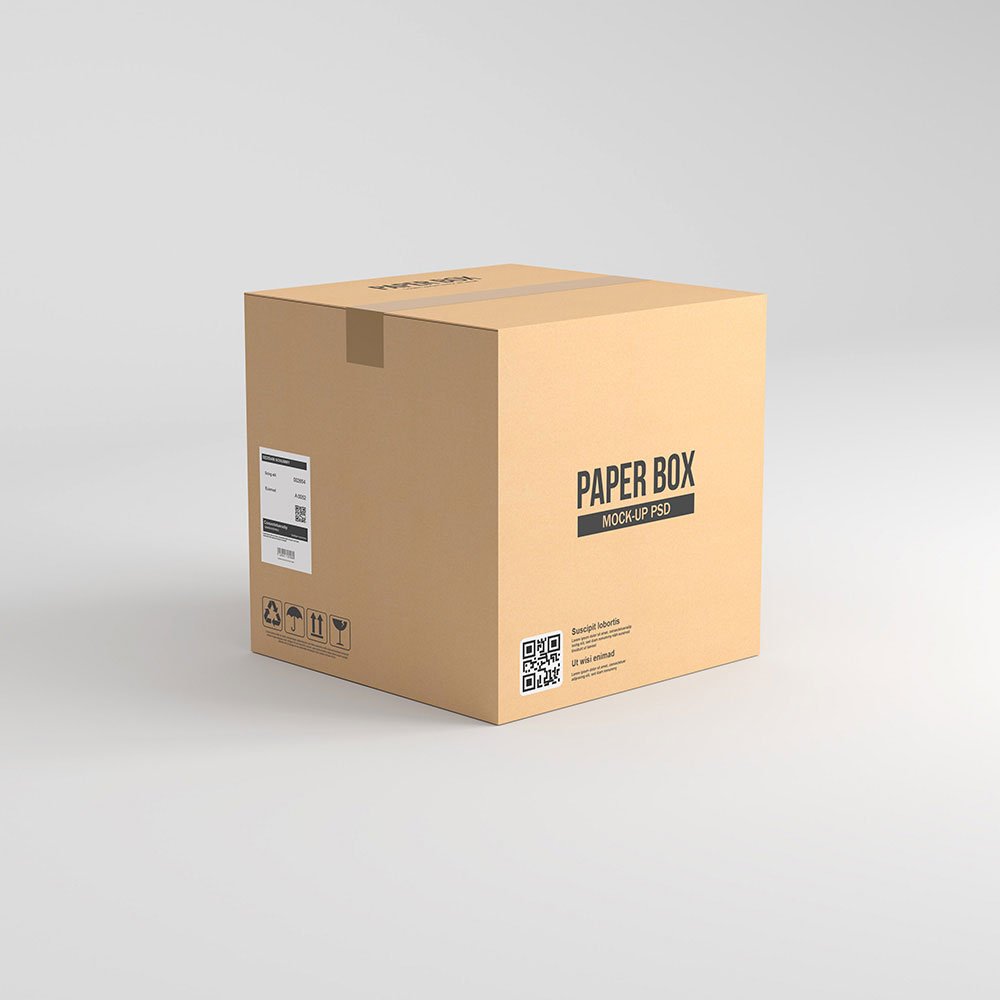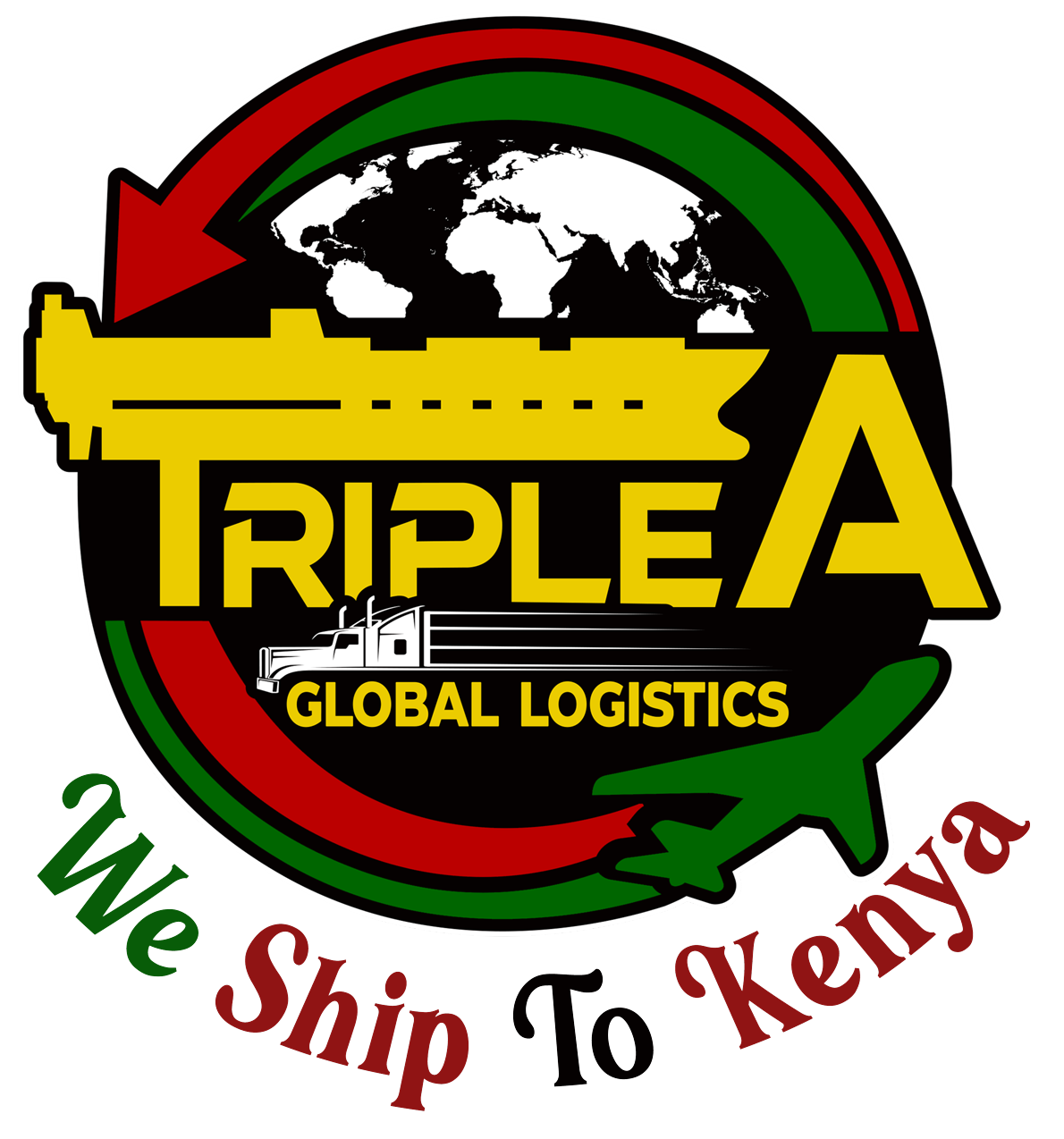Call Us:
+44 7800 648 660
+254 111 81 81 81
Mail Us:
info@tripleafreight.co.uk
Triple A

 Door to door logistics refers to a comprehensive service where the logistics provider handles the entire transportation process of goods from the sender’s location to the recipient’s doorstep. This service includes everything from pickup, handling, transportation, and final delivery.
Door to door logistics refers to a comprehensive service where the logistics provider handles the entire transportation process of goods from the sender’s location to the recipient’s doorstep. This service includes everything from pickup, handling, transportation, and final delivery. Automation technologies in warehousing improve efficiency by speeding up the sorting, packing, and dispatching of goods, ultimately enhancing the overall logistics operation.
Automation technologies in warehousing improve efficiency by speeding up the sorting, packing, and dispatching of goods, ultimately enhancing the overall logistics operation.
Comments
Your article helped me a lot, is there any more related content? Thanks!
Alright, been messing around on w88trangchu lately. Honestly, it’s pretty standard fare. If you’re already familiar with W88, this is a good way to access their main site. That is to say there is nothing novel here, really. Go check it out for yourself w88trangchu.
So, I was scrolling through and found 888game33. Seems like a solid platform with a great user interface. I’d say it’s worth a visit. Give it a try if you’re bored. Try out 888game33.
Alright, listen up! Hitclubvips is bringing the heat! Love the vibe and the exclusive feel. If you’re looking to up your game, this is your place. hitclubvips
**mitolyn reviews**
Mitolyn is a carefully developed, plant-based formula created to help support metabolic efficiency and encourage healthy, lasting weight management.
Can you be more specific about the content of your article? After reading it, I still have some doubts. Hope you can help me. https://accounts.binance.com/ur/register?ref=SZSSS70P